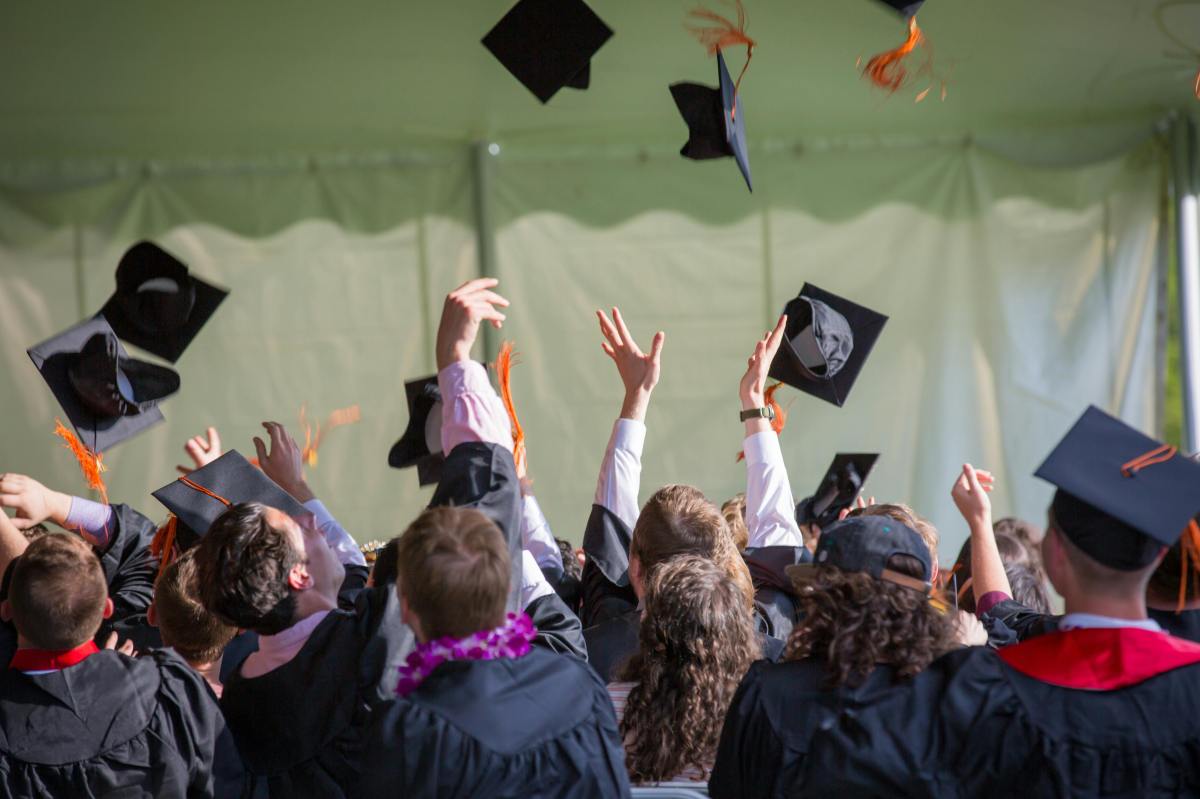Four years after the Morrison Government introduced glaring inequities into the university system with its Job Ready Graduate scheme, Arts students are now paying up to four times more HECS than their friends studying STEM.
Full load arts students in Australia will add $16,232 to their student loans this year.
That’s a 49% year-on-year increase, which amounts to them paying 93% of the full cost of their course.
Despite the increase, undergraduate enrolments in the Humanities, Arts, Social Sciences, Design and Creative Arts are up 16.5% at UNSW.
The former government’s attempt to use pricing controls to steer students into politically favoured disciplines was clearly misguided.
Our new students are making smart choices. Australia’s most recent Graduate Outcomes Survey (2022) revealed the greatest increase in overall employment rates was in the humanities, culture, and social sciences, at 87%, up from 82% in 2021.
It also showed graduates with humanities, culture and social sciences degrees on average earn $66,700, this is more than graduates of Sciences and Mathematics who earn $66,000, and Business and Management grads who average $65,000. The 2023 figures can’t come soon enough.
Science, technology, engineering, and maths are critical to solving the intractable problems of our time but they only take us so far. As people navigate an increasingly technical, AI driven and detached world, creative and relational jobs are poised to become the most important.
We must place greater focus on solving the social scientific challenges of climate action.
Claire Annesley
I have a hunch the incoming humanities students know this. How else do we explain the surging popularity of design, media, arts, fine arts, social sciences?
Students and future employers understand the value of arts, design, media and social sciences in their own right, they deliver the future-proofed skills of problem solving, creative thinking and communication.
I am relieved to observe this, the big challenges of climate, health, inequalities need all the talents and skills of our population.
Take the climate crisis as an example. A survey of the work being undertaken in university labs, and at the IP arising from university-based research reveals, whether we are talking about advanced photovoltaics, wind power, hydrogen, batteries, hydro, or nuclear, we already have the scientific wherewithal to decarbonise.
The reason we are behind schedule is that we are failing the social challenge presented by the energy transition. We must place greater focus on solving the social scientific challenges of climate action. To find answers to questions such as: how do we best fund the construction of transmission infrastructure? And, how can we reduce total system cost of a decarbonised energy grid to consumers? How can we gain social licence to construct major renewable infrastructure projects? How can we ensure certain communities are not economically displaced by the transition away from fossil fuels?
Consider COVID. Australia’s success in overcoming the pandemic was of course in part due to incredible innovations in medical science, particularly with regard to mRNA vaccines. But any success was in equal measure about: how we effectively designed and implemented new processes such as track and trace; how effectively we communicated the imperative to wear masks and physically distance; how effectively leaders and experts explained to a large and diverse population why vaccines are important.
It is time everyone engaged in education forcefully rejected attempts to narrow the scope of our education system through the lazy weaponisation of HASS (Humanities Arts Socials Sciences, it’s an unfamiliar acronym to many) versus STEM.
We are one world – and one education system. Continuing to superimpose a reductionist logic over schools and universities will make graduates less agile, less able to think critically, and with only half the toolkit needed to build safe and sustainable futures. Education has always been most impactful when at its most expansive. I applaud recommendation in the recently published Australian Universities Accord to scrap the Job-Ready scheme and I encourage Education Minister Jason Clare to act on it. As the Accord found, this policy comprehensively failed to alter demand profiles for courses, though it has restricted university access for the most disadvantaged.





